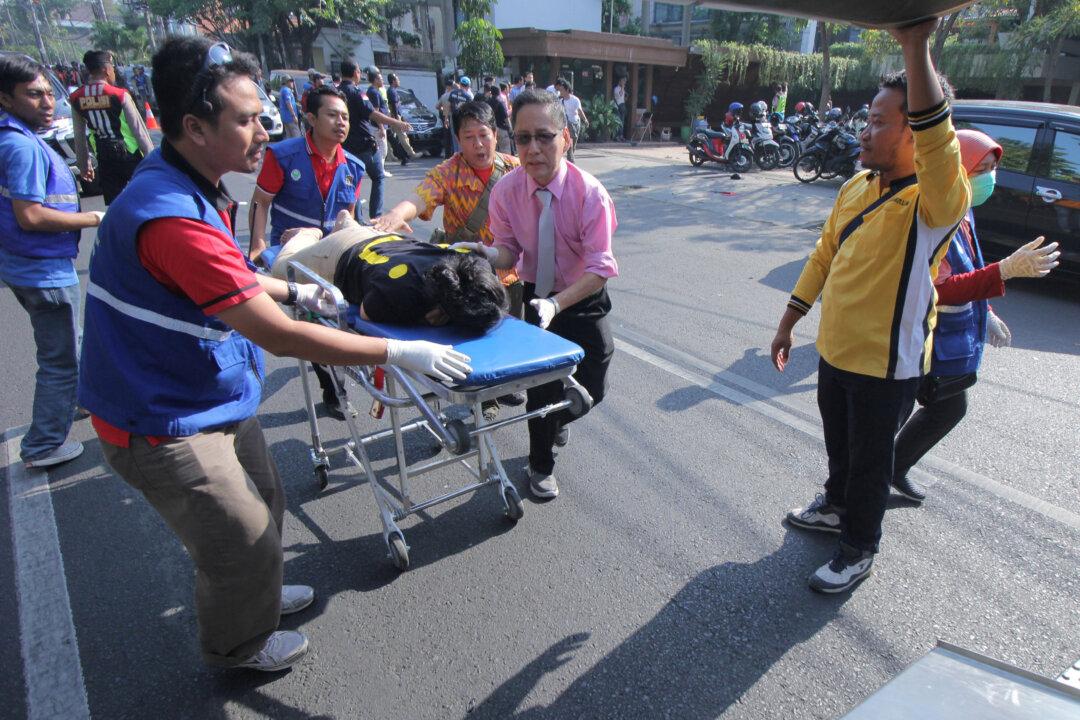JAKARTA–AA family of six launched suicide attacks on Christians attending Sunday services at three churches in Indonesia’s second-largest city of Surabaya, killing at least 13 people and wounding 40, officials said.
Indonesia, the world’s largest Muslim-majority country, has seen a recent resurgence in homegrown militancy inspired in part by ISIS. Police said the family who carried out Sunday’s attacks were among 500 Islamic sympathizers who had returned from Syria.





